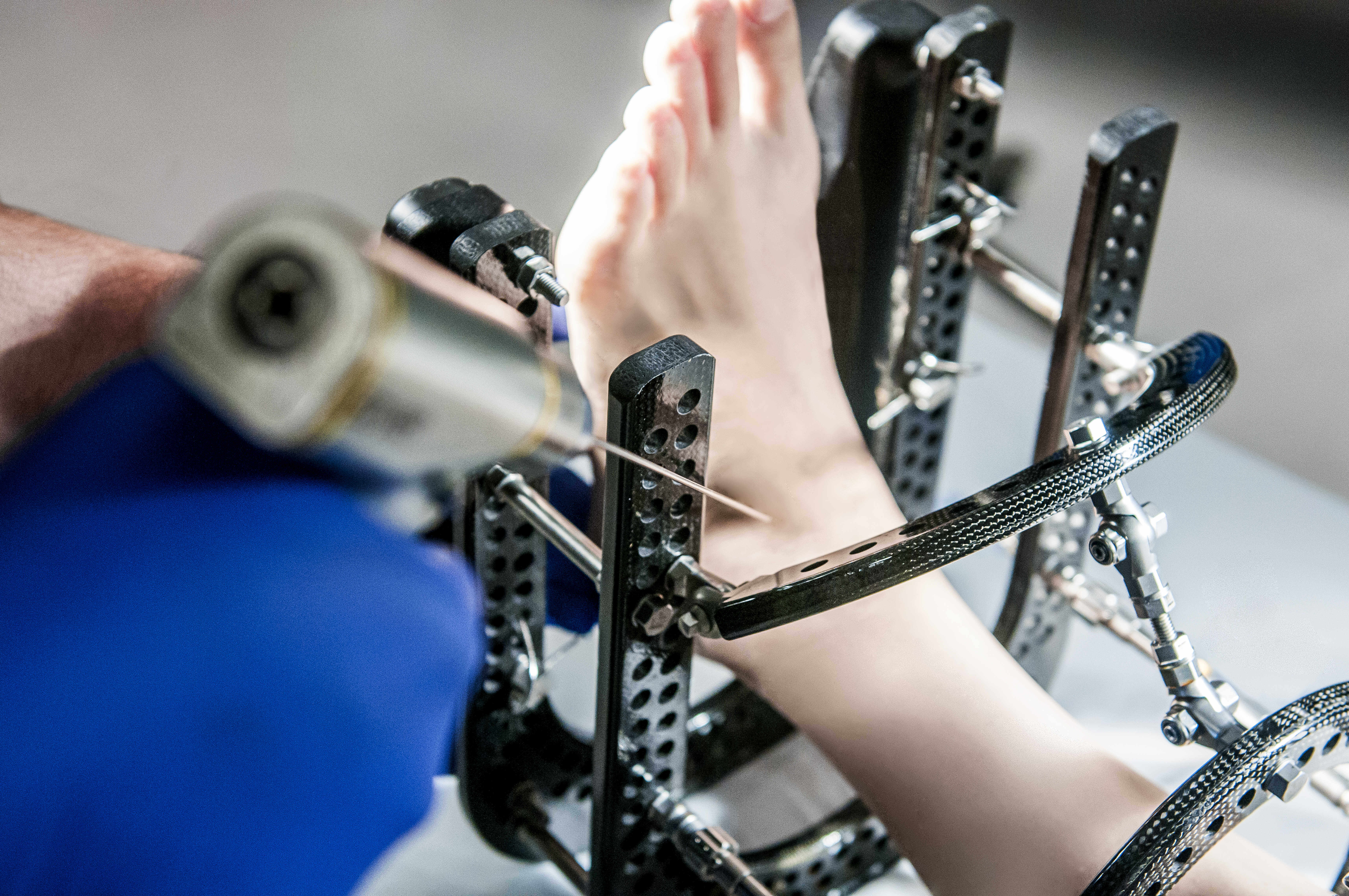
Ingrown Nail Treatment in Northridge & Oxnard
When a toenail is ingrown, it is curved and grows into the skin, usually at the nail borders (the sides of the nail). This “digging in” of the nail irritates the skin, often creating pain, redness, swelling, and warmth in the toe. If an ingrown nail causes a break in the skin, bacteria may enter and cause an infection in the area, which is often marked by drainage and a foul odor.
Ingrown nails are usually caused by improper nail care, but may also be caused by a physical feature or medical condition.
Ingrown Nail Treatment – Ingrown toenails can be treated with over-the-counter topical medications such as terbinafine and/or tetracycline. Other medications, such as phenol and iodine, may also help treat the ingrown nail.
Ingrown Nail Treatment – If the ingrown toenail is painful and not healing properly, it could be a sign of an infection or other medical problem. A doctor can diagnose these problems by examining the area and taking samples of tissue for analysis. Ingrowing toenails may need treatment with antibiotics or other medications that help prevent infections from developing in the toe.
Ingrown Nail Treatment – If the ingrown toenail is not healing properly, it may be a sign of an infection or other medical problem. A doctor can diagnose these problems by examining the area and taking samples of tissue for analysis. This may require treatment with antibiotics or other medications that help prevent infections from developing in the toe.
Ingrown Nail Treatment – Ingrowing toenails should be treated by a podiatrist. The doctor will have the patient soak their foot in warm water for about 10 minutes several times per day and apply an ointment to help soften the nail, which should allow it to grow out normally. A doctor may also recommend using a pumice stone to help soften and smooth the nail bed before it grows back out.



